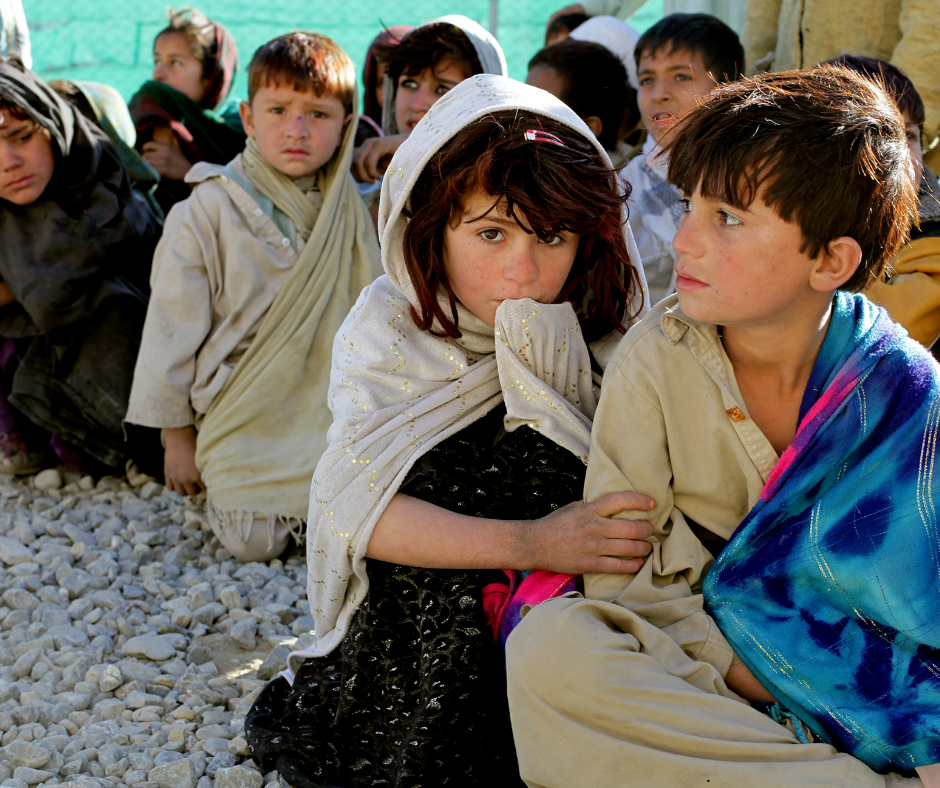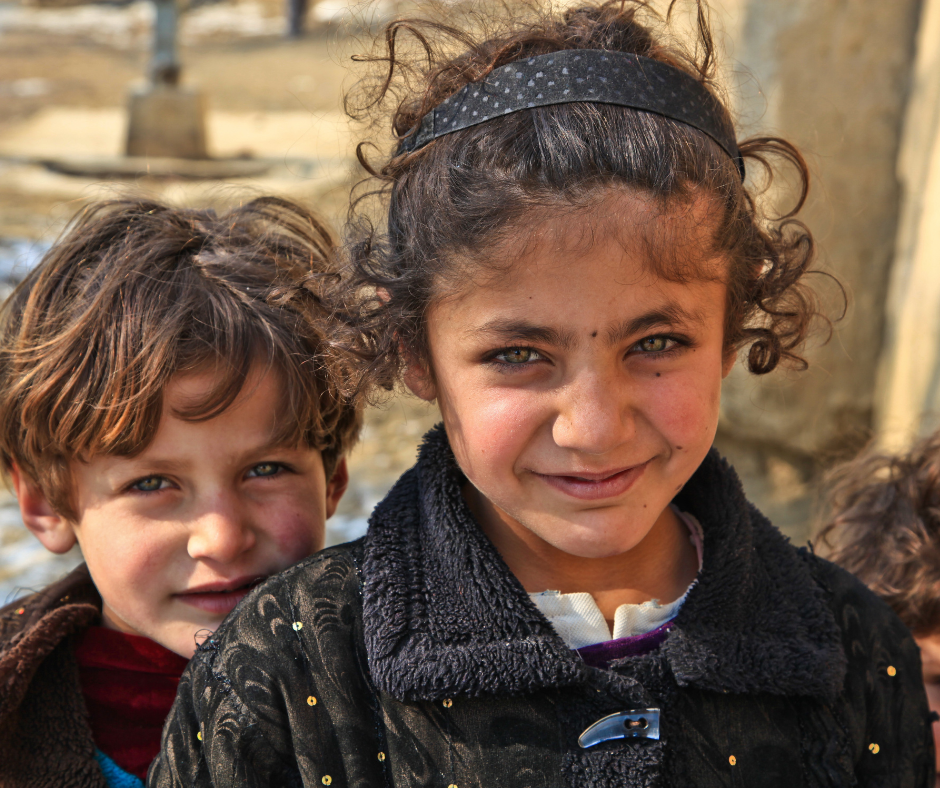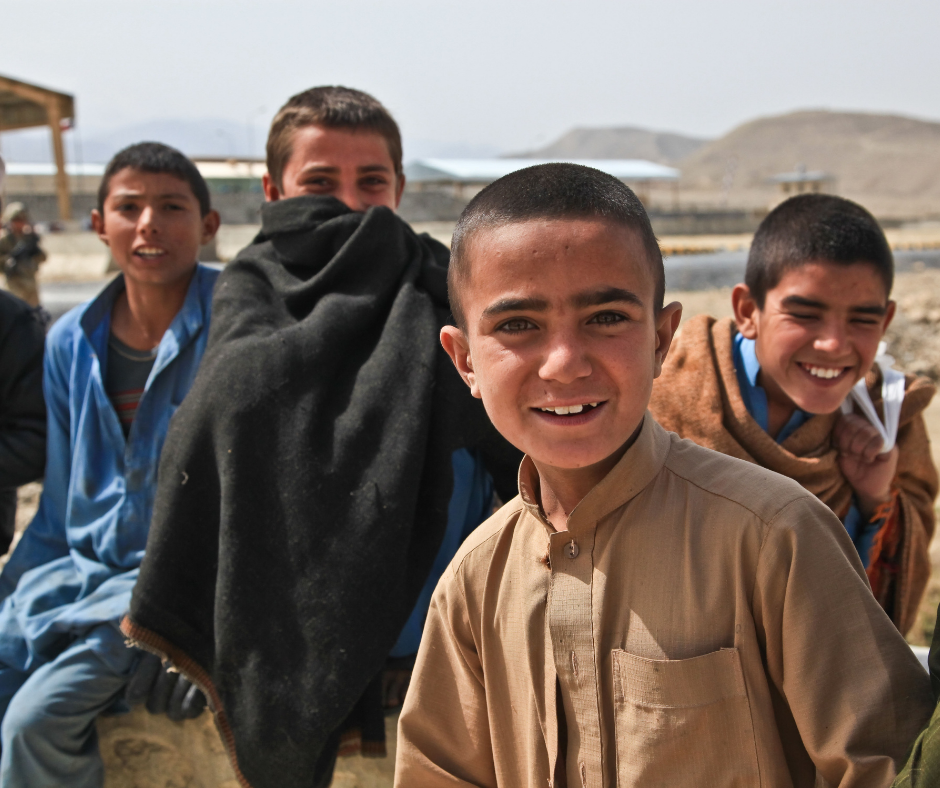The Refugee Journey, Day 4
- Donna Krstulovich
- Sep 15, 2021
- 3 min read

Welcome or Rejection?
Afghan refugees fleeing the Taliban and radical Islam have experienced trauma from untold atrocities. To experience rejection on top of that is devastating. People never forget kindness and a welcome shown to them in the midst of deep suffering in a new and unfamiliar place.
David Hartman, who ministers to Muslim refugees in the United States, writes:
Upon initial arrival, 90 percent of refugees who resettle in the U.S. have no American friend. These are wounded, broken souls in desperate need of Jesus’ saving and healing power. Our ministry is based on God’s Word from Leviticus 19:33-34, "When a foreigner lives with you in your land, don’t take advantage of him. Treat the foreigner the same as a native. Love him like one of your own" (The Message).
In this time of terrorist’s attacks, gruesome ISIS videos, heated political debate, rising radical Islam, and anti-Muslim rhetoric, Dale Fagerland, former missionary and Director of Training for Global Initiative: Reaching Muslim Peoples, describes the attitude necessary to respond to Radical Islam:
Christianity, as established by its founder and example Jesus Christ, is first and foremost a religion of love and compassion. Jesus said, “All men will know that you are my disciples if you love one another” (John 13:35). Since Muslims are our neighbors, the call from our Savior is, “Love your neighbor as yourself” (Matthew 22:39). If some Christians remain convinced that Muslims are their enemies, even then the Saviors’ call remains the same: “Love your enemies” (Luke 6:27). The call from our Savior is to bring Muslims to Jesus. Many Muslims today are disillusioned with Islam because of the numerous terrorist acts by fellow Muslims. Their silent cry is for something better. … Disillusionment with the rigidity of fundamentalist Islam creates a gnawing hunger for grace in the lives of many Muslims. (Intercede, November/December 2005, p. 4)
Refugee Children

Children are the future leaders. Angela Merkel, the Chancellor of Germany, a refugee herself, took an unpopular political stand to welcome every refugee into Germany (Vick 2015). As a child of seven, she saw the Berlin Wall erected and lived behind that wall for the first 35 years of her life.
Friends who spent time in a refugee camp on the border between two countries commented on the resilience and politeness of the children. According to the United Nations, “Around half of refugees were children in 2016. Without the protection of family or kin, unaccompanied and separated children are particularly at risk of exploitation and abuse.”

One day when I picked up refugee children for Sunday school, an old Vietnamese man sitting alone under a tree caught my attention. I wondered, “What job did he leave behind to come to this country where he had to learn to speak English in order to work? How hard was it for him to pick up and leave his friends and all he knew and come to a new country to start over? Was he ever able to work in his field of expertise or did he have to start at the bottom of some non-descript job to make ends meet so that his children would have a better future?”
Often I meet taxi drivers who were teachers, engineers, and bankers in their own countries. Now they work long hours at a menial job far under their qualifications to help their children survive and have future success in this country.
Jesus said, “Let the little children come to me, and do not hinder them, for the kingdom of heaven belongs to such as these” (Matthew 19:14). You may remember the Sunday School song, “Jesus loves the little children, all the children of the world, red and yellow, black and white, they are precious in his sight. Jesus loves the little children of the world.”
References Cited
Vick, Karl. 2015. “2015 Person of the Year.” Time. December 21, 2015.
Hartman, David. “Ministering to Muslim Refugees in the United States.” Intercede Magazine, May/June, 2018
.png)






Comments